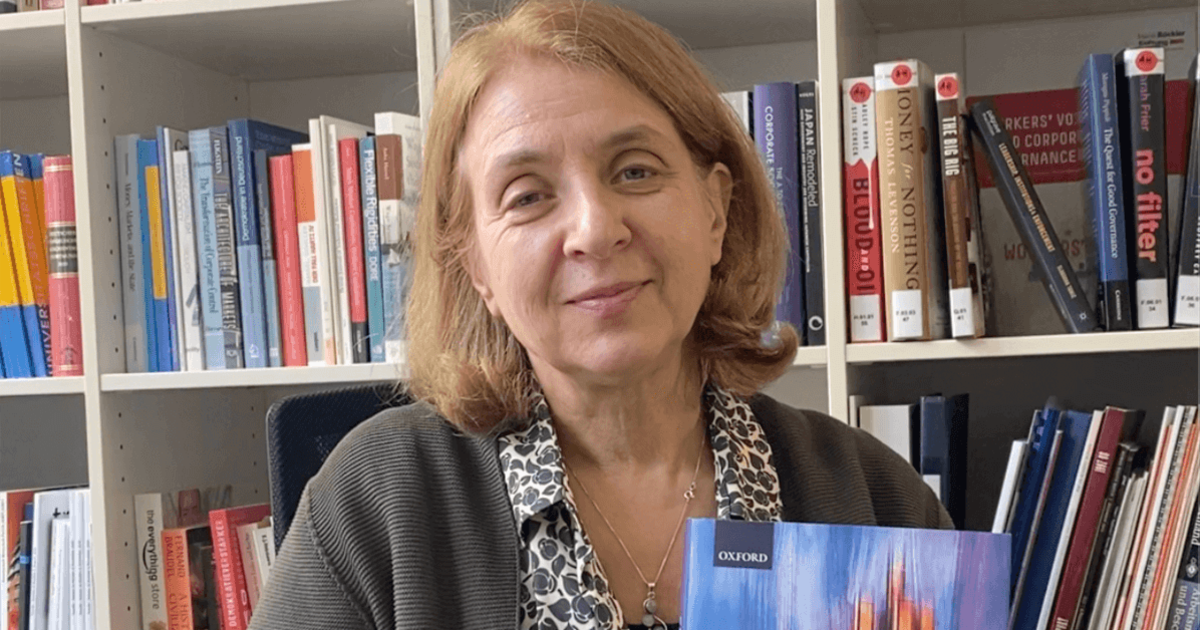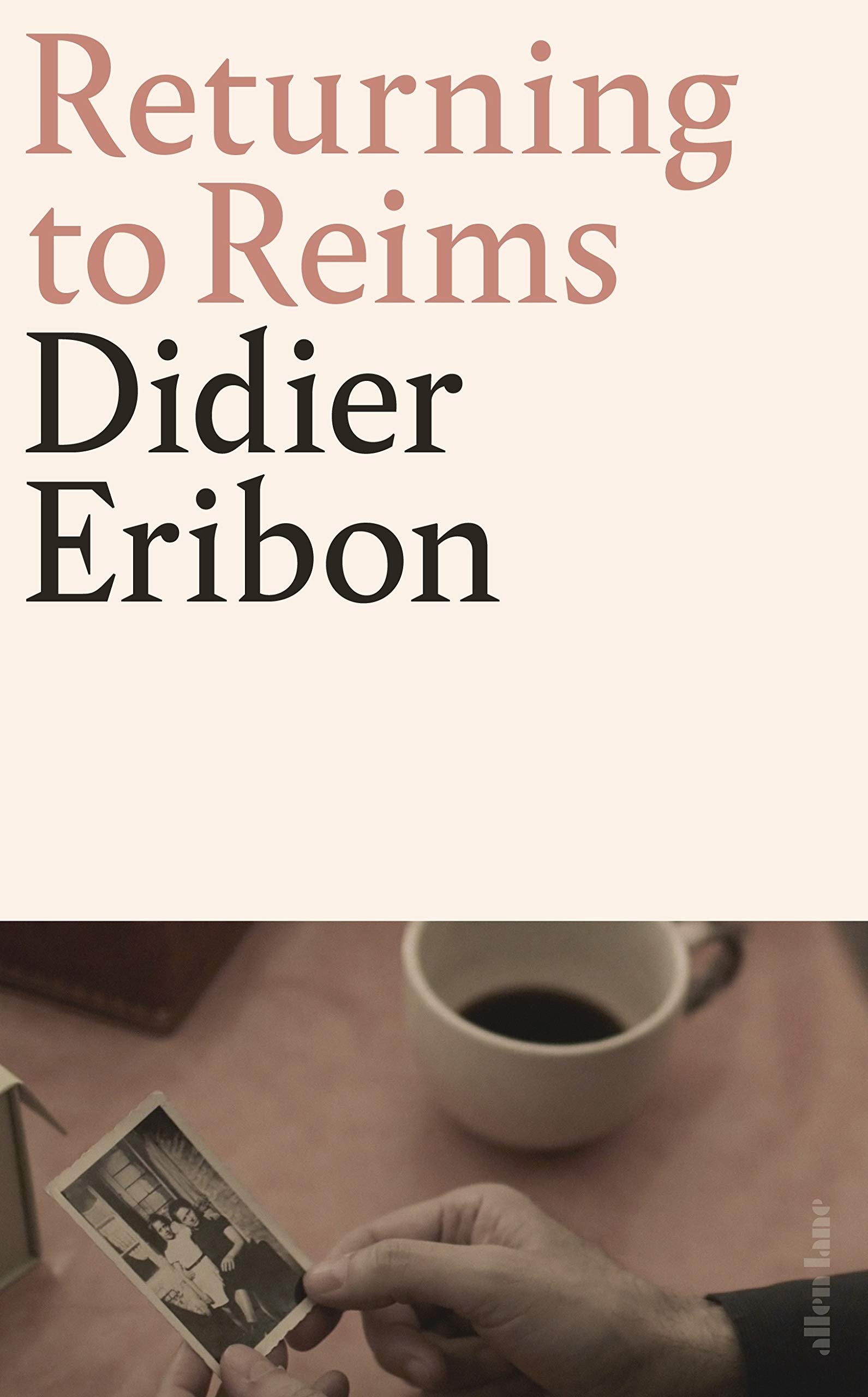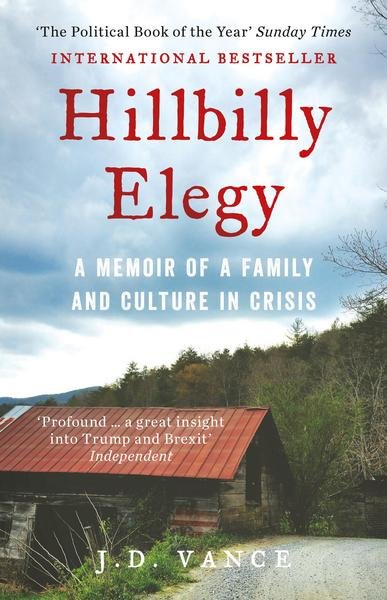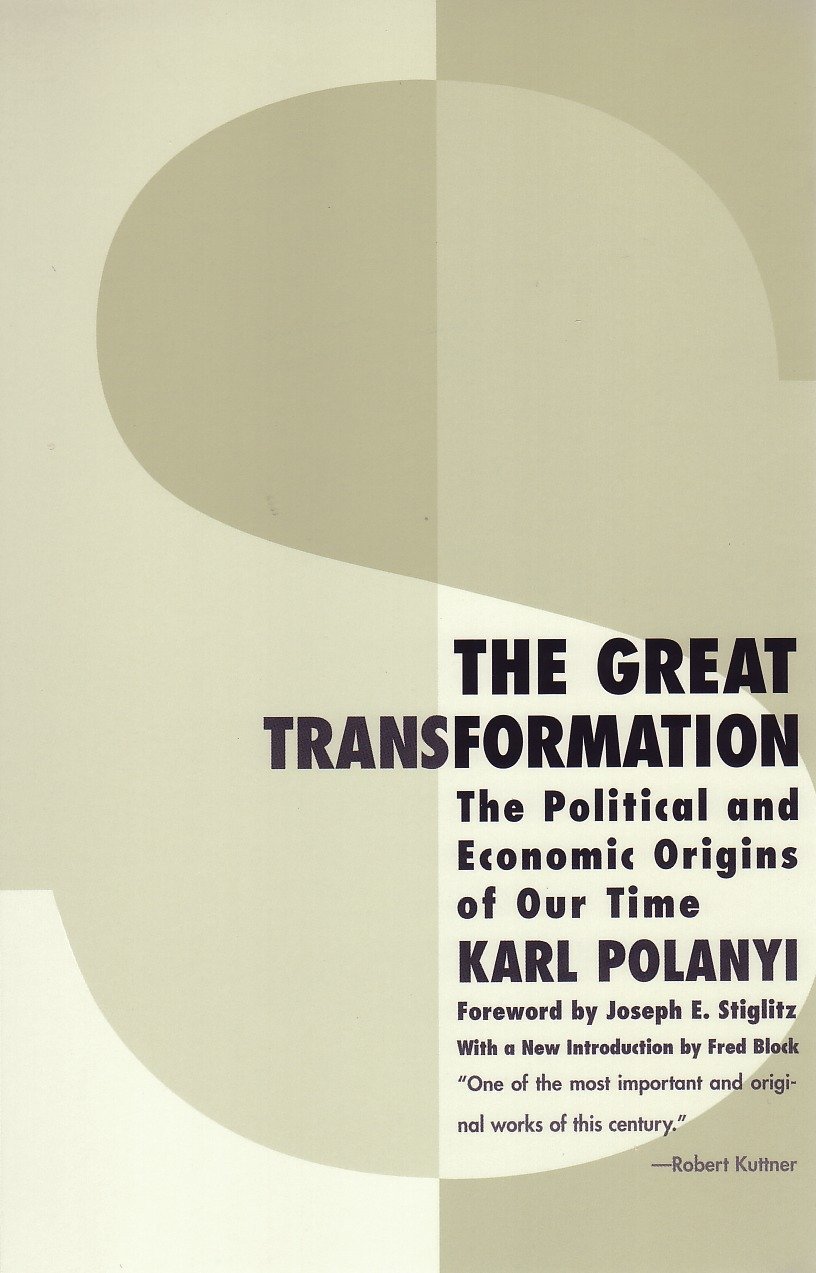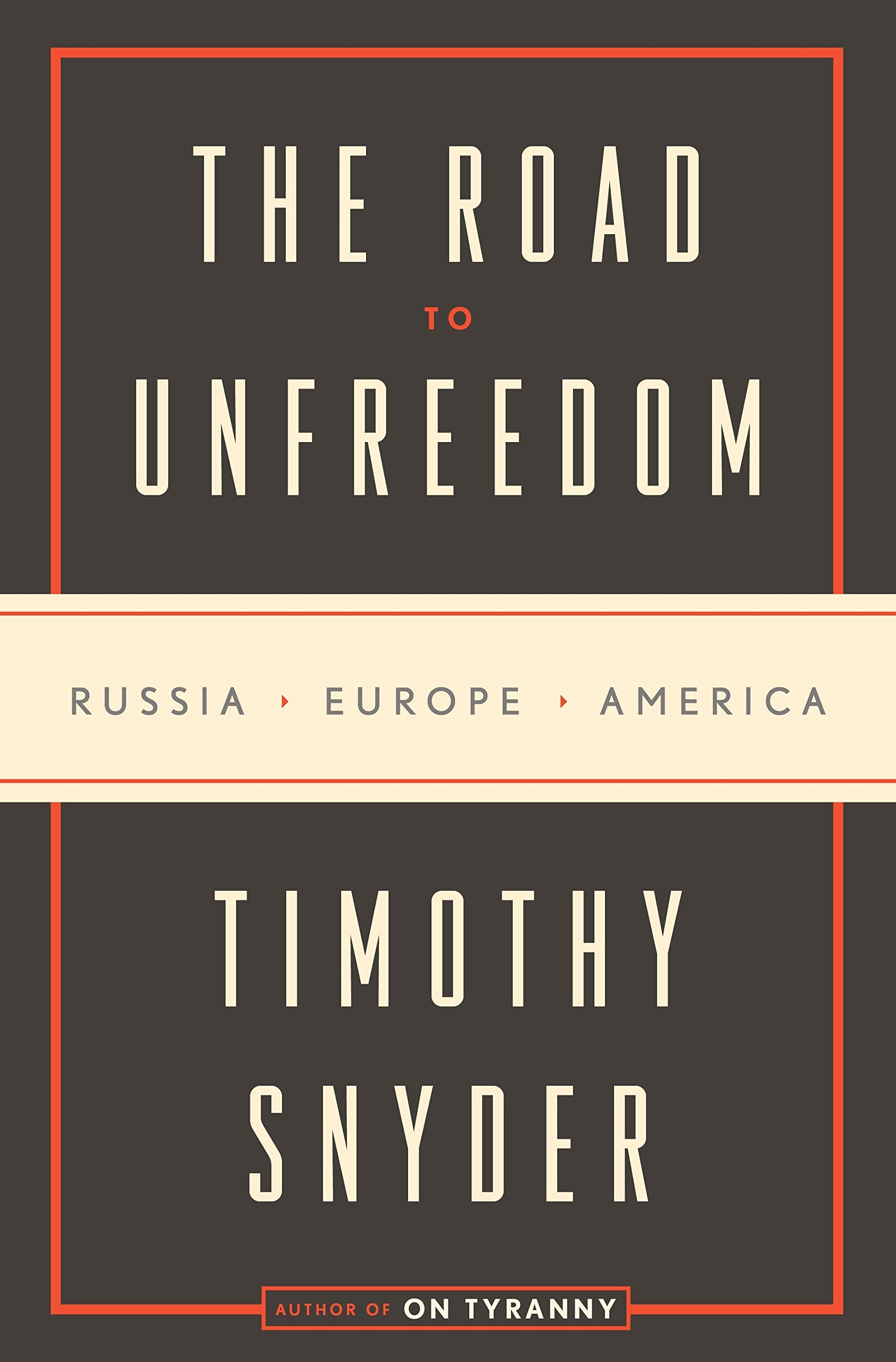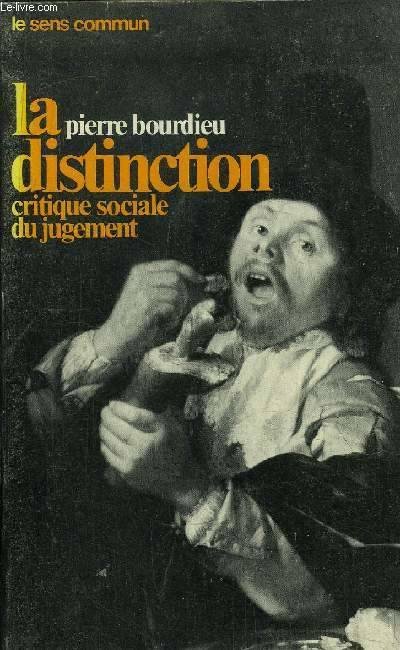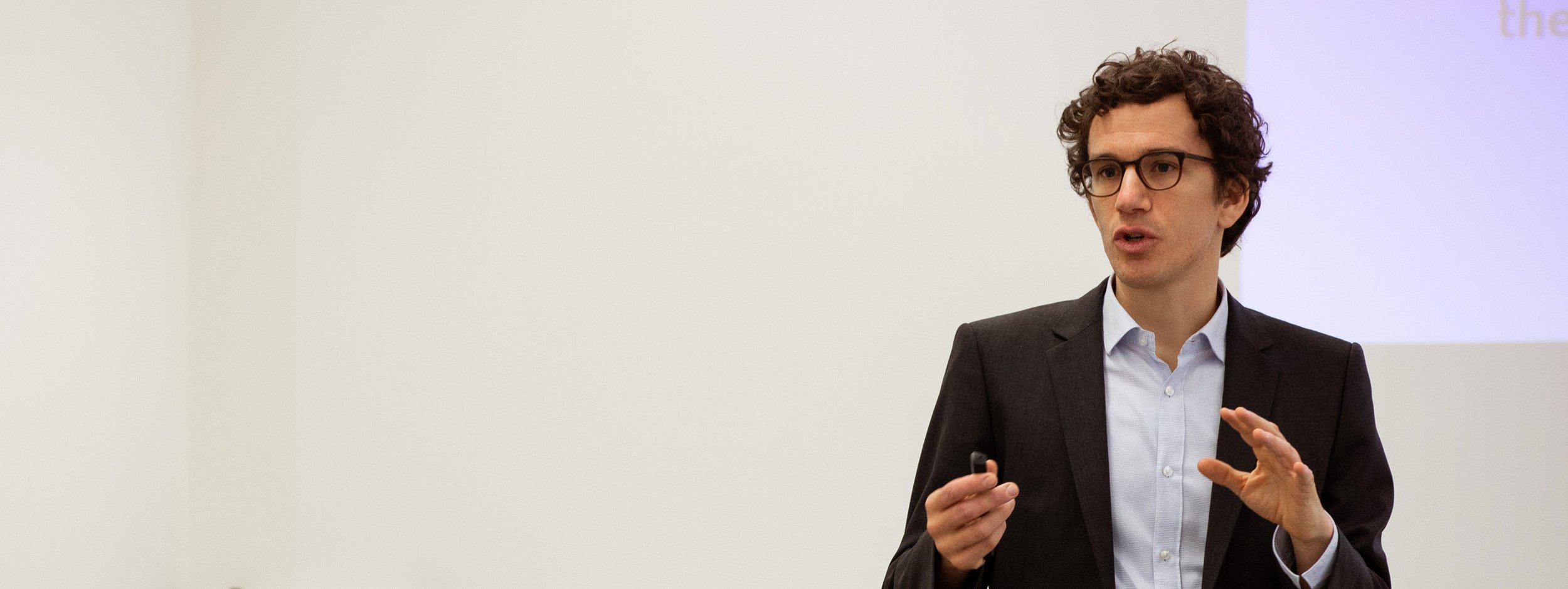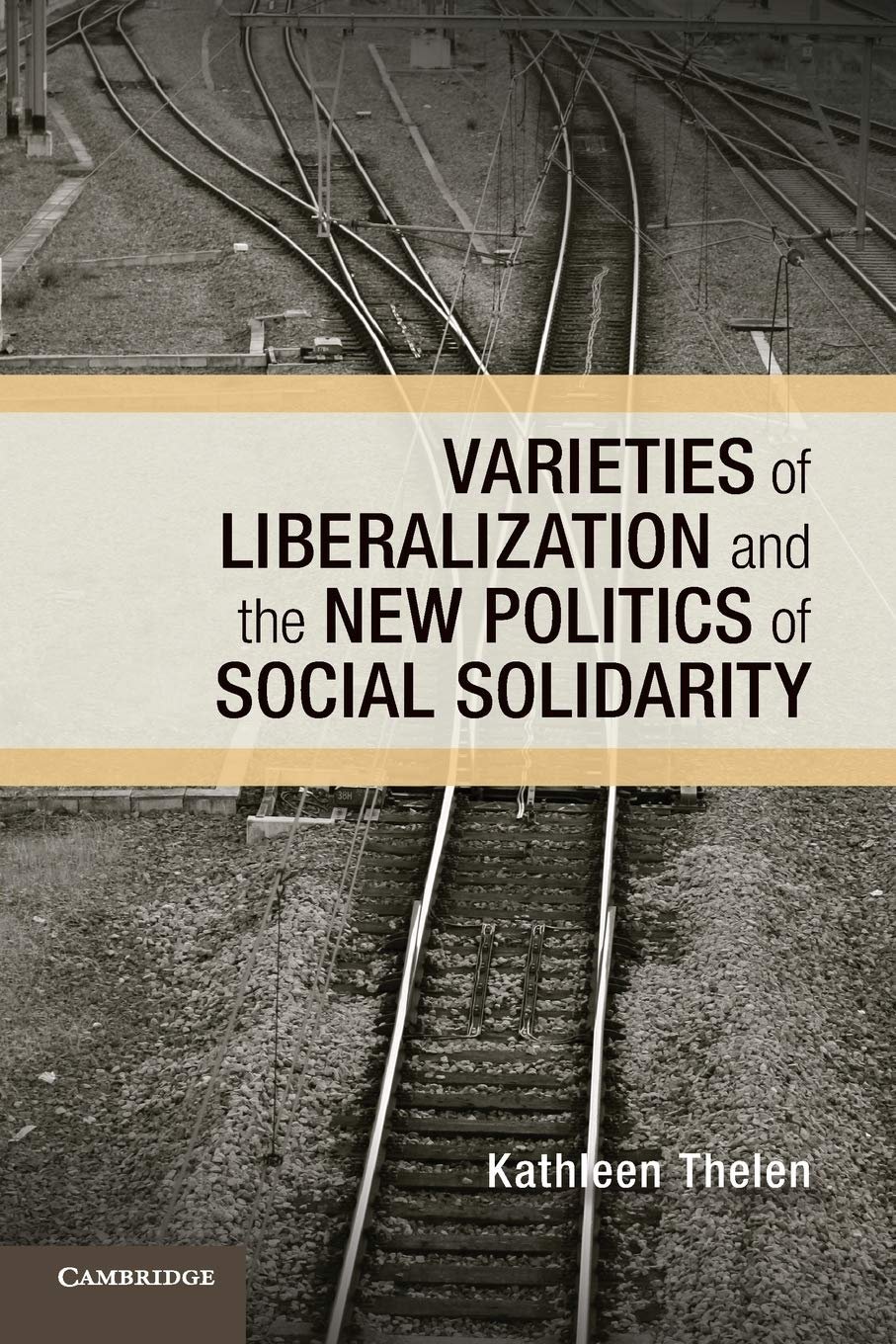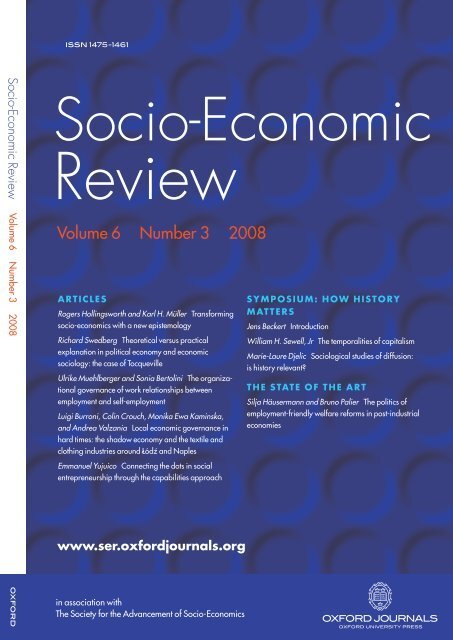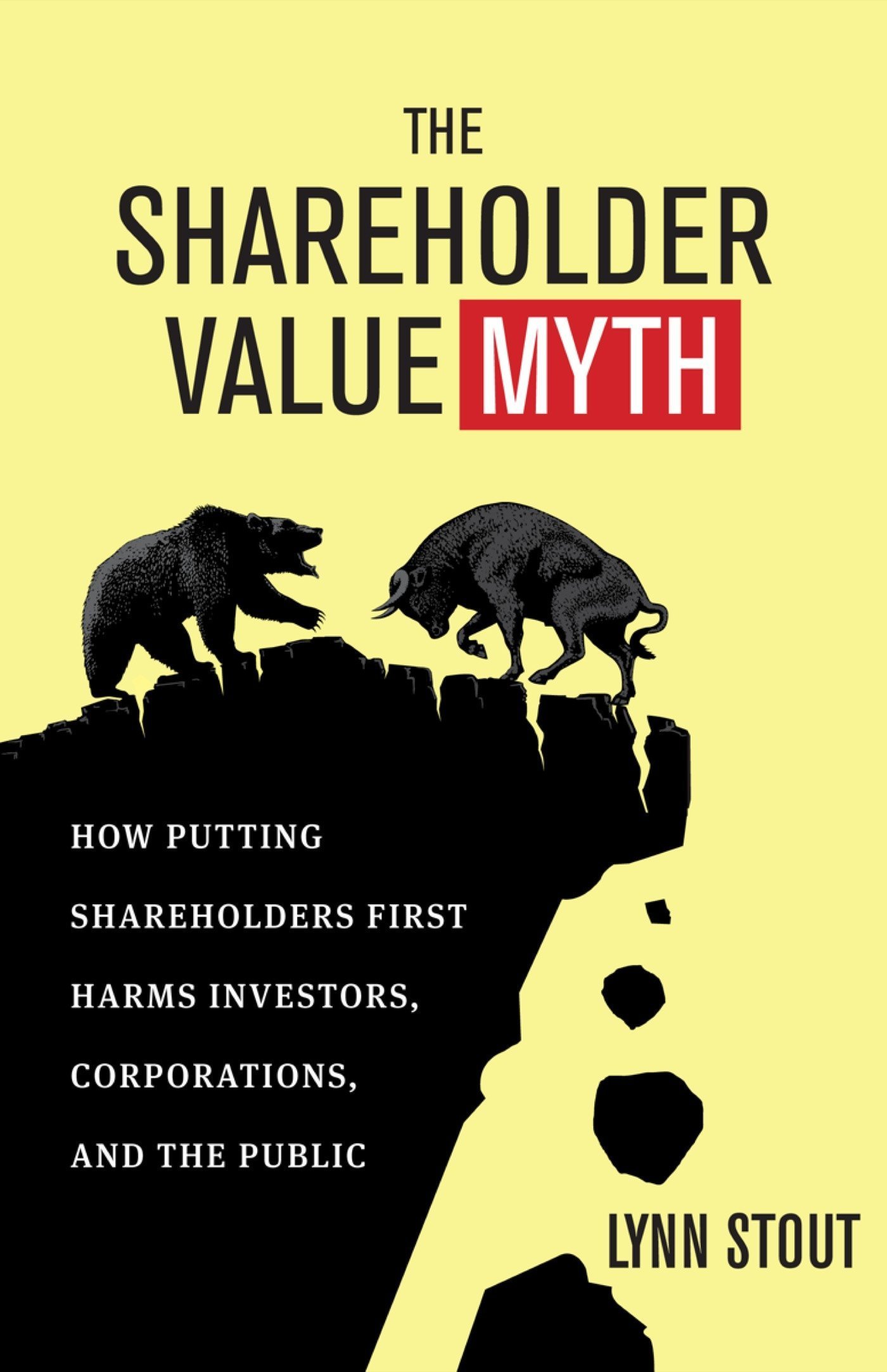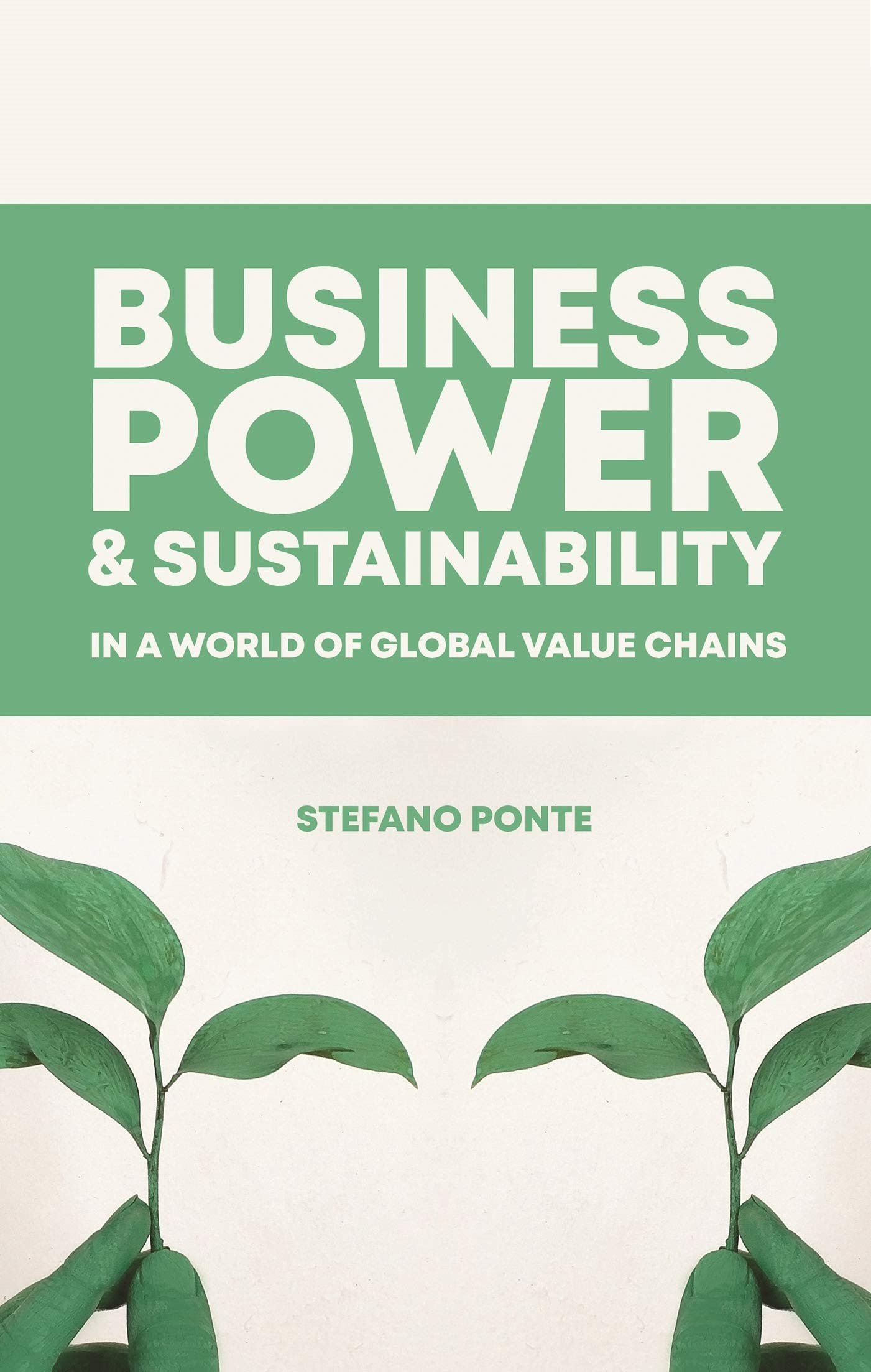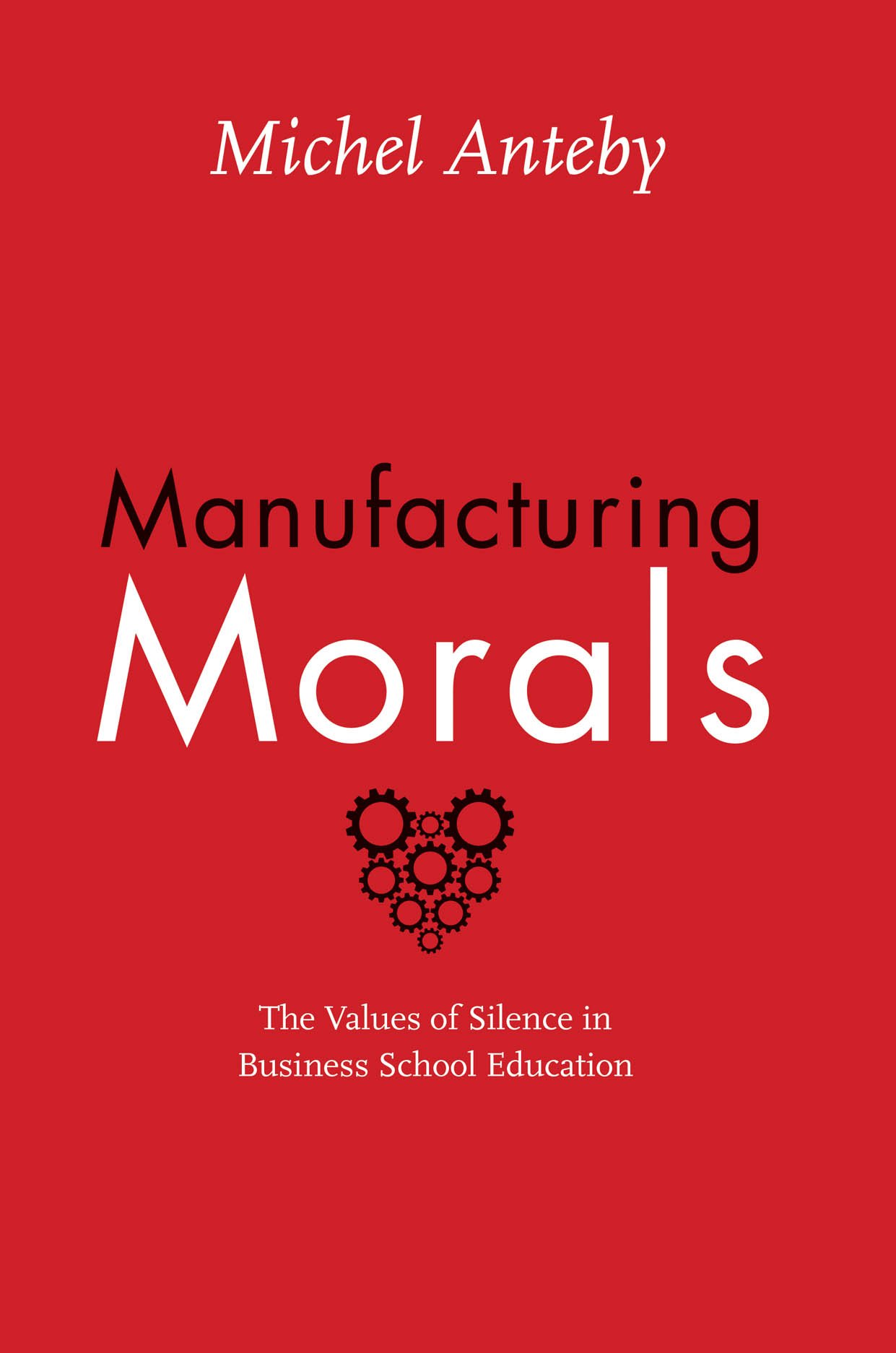Reading Recommendations: The Hertie Social Policy Group
With this post we’re starting a new series where we will look at suggestions from professors, researchers, and collaborators of the club on what to read or listen to on social, economic and labour policy. We intend these blog posts to be a resource for students who are interested in these topics, but may be looking for inspiration on what to read or consume.
This time, we asked members of the Hertie Social Policy Group, for their suggestions about what they think would be beneficial for graduate students to read.
Anke Hassel
Professor of Public Policy & Co-director of the Jacques Delors Centre
Many of you may know Anke Hassel from her first year policy process course on employment and welfare, as well as from her endless list of articles and publications on labour markets, institutional change and the political economy of advanced capitalist countries. She described her research interest to us as being “the fate of the working populations from a political economy perspective” and trying to “understand political polarization and the demise of the well-paid working class”.
With this in mind, Anke recommended two non-specialist books and one more specialised volume which motivated her research on these topics.
Returning to Reims by Didier Eribon
Anke’s first suggestion is Returning to Reims, a memoir by French author, sociologist and philosopher Didier Eribon. She describes it as a “powerful account [of] how the French working class turned from supporting the Communist Party to the far right”. In the book, Eribon writes of returning to his hometown of Reims in North-Eastern France after the death of his father, where he is forced to rethink his own biography, relationship to his working-class background and the changes that have taken place since he left 30 years prior to pursue his education. The book combines personal narrative with reflections on the evolution of the French class system and how it interacts with the education system, sexual identity (particularly in relation to Eribon’s own status as a gay man) and national politics.
Hillbilly Elegy by J.D. Vance
Anke says “this is a great book, despite the fact that its author is now a Trump supporter. It shows the decline of the US working class in the rust belt and the effects it has on families”. Indeed, J.D. Vance has been criticised since the book’s publication for using its portrayal of life in the rural American communities of Appalachia, which have suffered greatly from de-industrialisation, in order to further his own political ambitions within the Republican Party. Nevertheless, the book has been praised as a stark, personal portrait of Appalachia, a region which, while traditionally having been tied to the Democratic Party through the labour movement, swung heavily to Donald Trump’s Republican Party in the 2016 and 2020 US Presidential Elections.
The Great Transformation: the political and economic origins of our time by Karl Polanyi
Anke says Karl Polanyi’s magnum opus provides a “deep historical, but also theoretical, understanding of how the liberalisation of economic and political institutions and structures affects economies and societies. It is the historical and institutional explanation for political polarisation and fragmentation as the first two books above describe from personal experience”. The Great Transformation is a book which has had an immense impact on fields as diverse as economics, sociology, political science, antropology and cultural studies. In the book, Polanyi seeks to understand the “disembedding” of the economy from the rest of society during the liberal 19th century and how, in Polanyi’s own formulation, this led to the social pressures which eventually culminated in the rise to power of fascism and world war. Contrary to the view of neoclassical economics, which sees the market as an independent sphere of activity, Polanyi focuses on how economies are always embedded in political & social relations, with complex relationships far beyond what economics predicts for homo economicus.
In addition to her book recommendations, Anke recommends listening to podcasts from The Economist, The New Statesman, The Ezra Klein Show, as well as Lage der Nation and Jung & Naiv in German. She also recommends listening to one of our former guests, Mark Blyth, for a more academic analysis of current affairs, as well as to Tarik Abou-Chadi of Oxford University.
Michaela Kreyenfeld
Professor of Sociology
Next, we have Michaela Kreyenfeld, a sociologist and demographer who teaches courses at Hertie primarily on the quantitative analysis of social phenomena, as well as writing extensively on issues related to family sociology. Her suggestions are informed by her deep reading of sociological literature, which she sees as “a discipline that deals with social inequality and social stratification”. Her own work deals with issues of inequality through the lens of how gendered family patterns, particularly the responsibilities of motherhood, cause divergent life outcomes among different genders.
Michaela gave her suggestions to us in the days following the invasion of Ukraine, which is reflected in her first choice, while her other choice is based on her own area of expertise.
The Road to Unfreedom by Timothy Snyder
With the Russian military invasion of Ukraine, Michaela feels that her current reading and concerns are completely taken up by the crisis. With this in mind, she suggests the Road to Unfreedom, a book by Professor of History at Yale, Timothy Snyder. The book is a work of contemporary history which looks at how Vladimir Putin’s actions have undermined the triumphalist narrative of an “end of history” marked by the fall of the Soviet Union and the waves of democratisation that followed in central and eastern Europe. The rise of illiberal, even fascist, ideas in Putin’s new Russia is, according to Snyder, not just a threat to the Russian people and their hopes for democracy, but a threat also to the nations of Europe and North America, whose democracies have also increasingly come under pressure in recent years. Michaela suggests this book to inform yourself on the current situation alongside John Mearsheimer’s now famous lecture on the Ukraine Crisis of 2014/15 at the University of Chicago.
Michaela’s interest in the topic is as an informed outsider to the field of international relations and security, and she therefore suggests the Hertie Centre for International Security as a great place to look for more specialised information on the current crisis.
Distinction: A Social Critique of Judgement and Taste by Pierre Bordieu
Within her own field of sociology, Michaela suggests Pierre Bordieu’s famous work Distinction. Bordieu, a French sociologist concerned with class and power, wrote Distinction to critique the function of ‘taste’ in class-based societies, and how it is an outcome of the social capital which people hold. Michaela describes it as being “about social mobility and how it is constrained by the lack of “Habitus,” i.e., the life-style, preferences, and behaviours [the] upper classes adopt to distinguish themselves from the lower classes.” She says that the book not only resonates with her on a conceptual level, but also in her own experiences as an academic from a working-class background. Bordieu’s work emphasizes the fact that in class-based societies, it is not just economic affairs which are dominated by the owners of capital, but also the cultural spheres of our societies. His theories have been massively influential in sociology and cultural studies among scholars who look at how capitalism is maintained through a cultural order which separates culture into “high” and “low” varieties, so as to preserve a form of cultural hegemony that benefits the upper classes.
Lukas Graf
Assistant Professor of Educational Governance
Lukas is a sociologist whose own work looks at educational governance through the lens of historical institutionalism, an approach that highlights how the development of institutions over time shapes the choices which people have today. He is primarily interested in how education and wider skill formation interacts with inequality and processes of social change. Hertie students may know him best from his policy process class on education and labour markets in the knowledge economy, as well as from his scholarly work on vocational educational training in the DACH region.
Lukas provided us with three suggestions, one a book from his field, a newsletter to keep up-to-date with developments in the field, and a research journal which publishes the most cutting edge research in this area.
Varieties of Liberalisation and the New Politics of Social Solidarity by Kathleen Thelen
Lukas suggests that a book which graduate students could learn a lot from, both from the material covered and from the method of studying social change, is Varieties of Liberalization, a book by the macro-sociologist Kathleen Thelen. Thelen is professor of Political Science at MIT and a leading scholar on institutional change, focusing on how labour market institutions mediate the processes of liberalization which have been witnessed across the globe during the neoliberal era. This work is specifically about the recent history of liberalization in advanced capitalist nations, and Thelen comes to the perhaps unintuitive conclusion that some forms of more ‘coordinated’ economic institutions have in fact worsened inequality, rather than lessening it as they were intended to. Thelen’s focus on how advanced economies have often become ‘dualised’, with labour market outsiders cut out of the benefits of secure and well-paid jobs, not only helps to understand current social inequalities, but also the contours of the political struggles of our times in liberal democracies.
In addition to this book, Lukas provided us with some extra resources that he believes students who are interested in his areas of research would benefit from reading. He suggests the International Labour Organisation’s Skills & Lifelong Learning Newsletter as a great way to keep up to date and gain insight into development in skill formation and inequalities from around the world. Lukas also recommends the academic journal Socio-Economic Review (SER) as a key resource for students of public policy. SER is an interdisciplinary journal which straddles the boundary between sociology, economics and political science, and publishes state-of-the-art literature on changes in political economies across the globe. The journal, much like Lukas himself, takes a pluralist outlook (not privileging one methodological framework over another) to social and economic developments, making it ideal for students who are interested in the intersection of labour, economic and social policy issues.
Sébastien Mena
Professor of Organisation and Governance
Finally, we have Sébastien Mena, an organisational sociologist whose work focuses on the relationship of business to society at large. Sébastien is mainly interested in the role which business plays in issues like poor working conditions in supply chains or environmental issues such as pollution - put simply, problems which are created by global economic activities. He analyses how firms interact with civil society in areas such as shareholder activisim, sustainability programmes and sustainable banking.
Sébastien’s recommendations come in the form of 3 books which he thinks are accessible introductions to his field and which can help to understand the current issues in business ethics and sustainability.
The Shareholder Value Myth: How putting shareholders first harms investors, corporations and the public by Lynn Stout
Sébastien’s first recommendation, The Shareholder Value Myth, is a book about the theory that a firm’s primary social responsibility is to increase its own profits. This approach, also known as the Friedman Doctrine, gained prominence in the 1980s and 1990s, as firms sought to streamline their operations to provide the maximum value to shareholders. Lynn Stout argues in the book that this approach is not just harmful for society and the non stock-holding stakeholders in the business, but in fact for the corporations and shareholders themselves. She suggests that new theories of shareholder interest can move us towards a more sophisticated and useful understanding of the role which public corporations and good governance can play in our societies. By looking at how the shareholder value ideology has in many cases hurt the interests of shareholders themselves, Stout suggests that the interests of society at large and shareholders of public corporations may in fact be much closer than is commonly thought.
Business, Power and Sustainability in a world of Global Value Chains by Stefano Ponte
Next we have Business, Power and Sustainability in a world of Global Value Chains, a book which offers a holistic understanding of the interactions between international value chains and sustainable governance. The book has been praised for giving insight into how powerful actors in the business world can leverage environmental sustainability to further increase their power vis-a-vis the actors who are entrusted with actually achieving sustainability goals in the production process. Sébastien describes the book as “an extensive, in-depth look into the governance of sustainability in global value chains with a particular look at the overwhelming power of large multinational corporations and the inequalities that ensue”.
Manufacturing Morals: The values of silence in business school education by Michel Anteby
Sébastien describes his final recommendation, Manufacturing Morals, as a “great example of organizational ethnography with a focus on morality in education”. Michel Anteby’s study of ethnographic study of Harvard Business School gives a deep-dive into how the world’s top business school educates the students who will go on to manage some of the world’s largest companies in corporate accountability and governance practices. His focus is on how the socialisation of students in an environment which tolerates the complexity of moral issues, shapes future business practices once the students go on to manage public corporations. The book has been praised for its insights into the world of elite business school education and how this can help to understand the moral frameworks guiding the world’s business leaders.
We’d like to thank the members of the Hertie Social Policy Group for giving us their recommendations and we hope that they provide a lot of inspiration for Summer reading lists among our community!
The Hertie Social Policy Group runs a bi-weekly event called the Social Policy Colloquium, which brings scholars from Hertie or other institutions to present works in progress that deal with social policy issues. The colloquium is a great way to get to hear about cutting edge research in the fields of social and labour policy, as well as to meet professors, researchers and students who work on and are interested in these topics!


